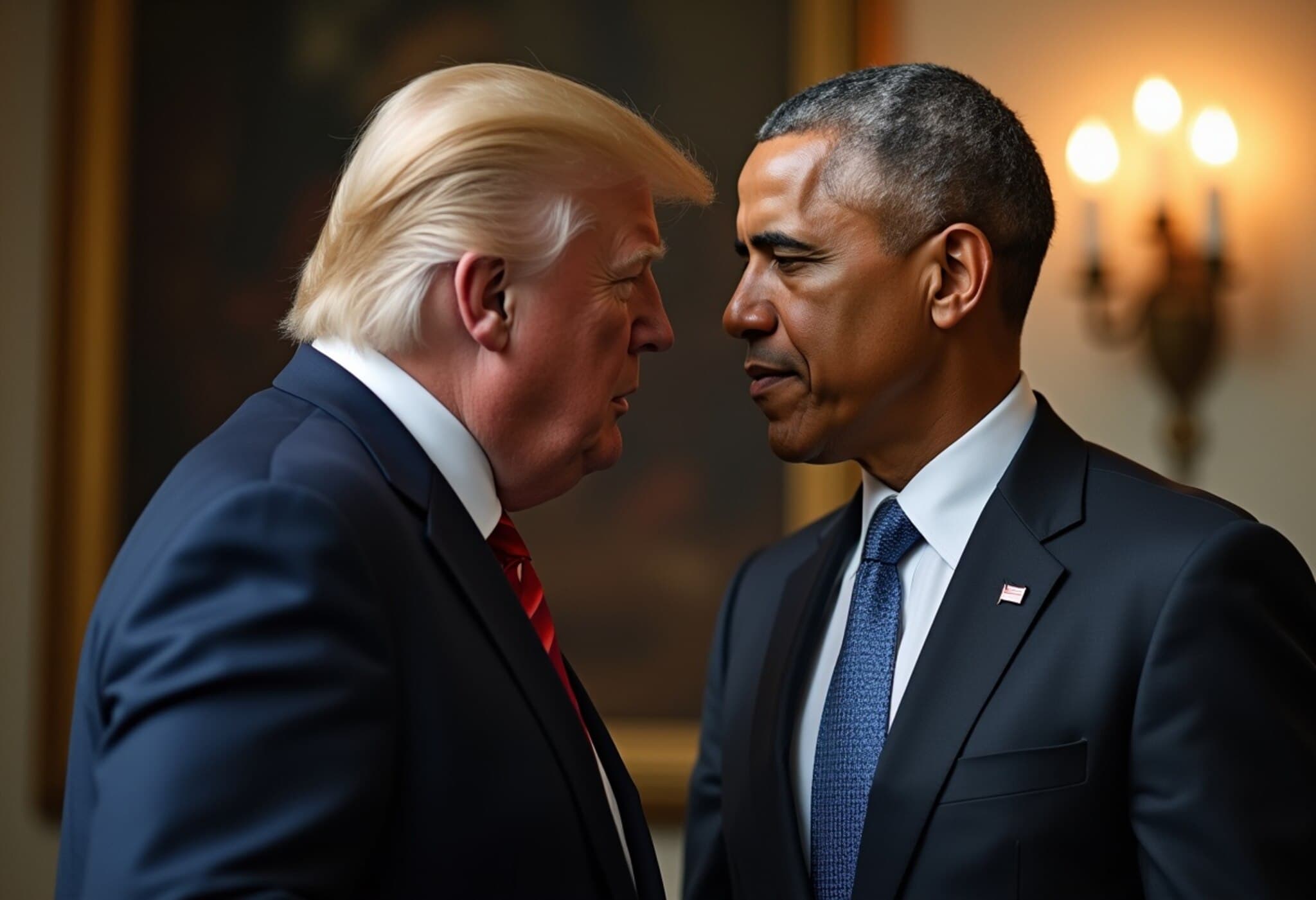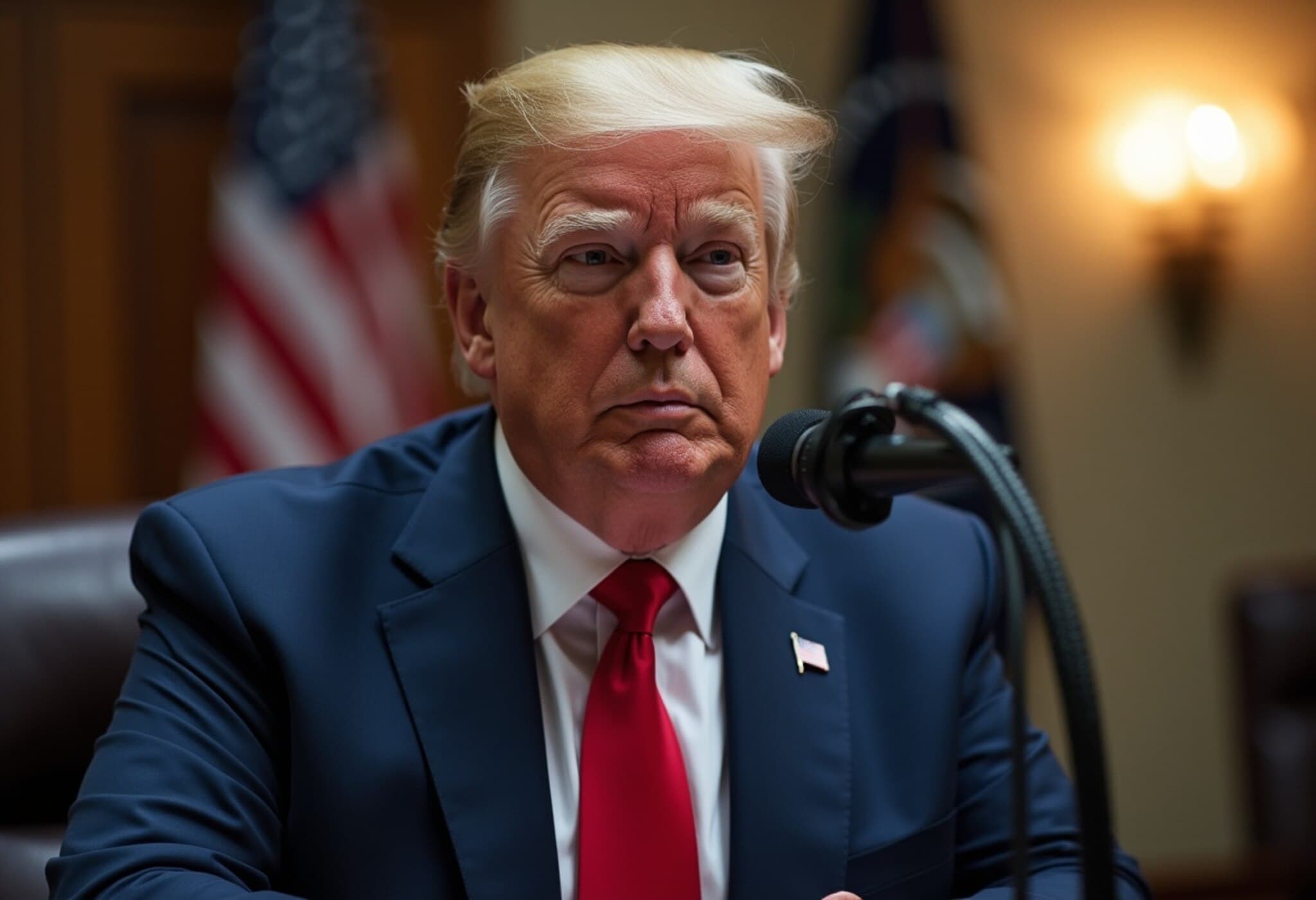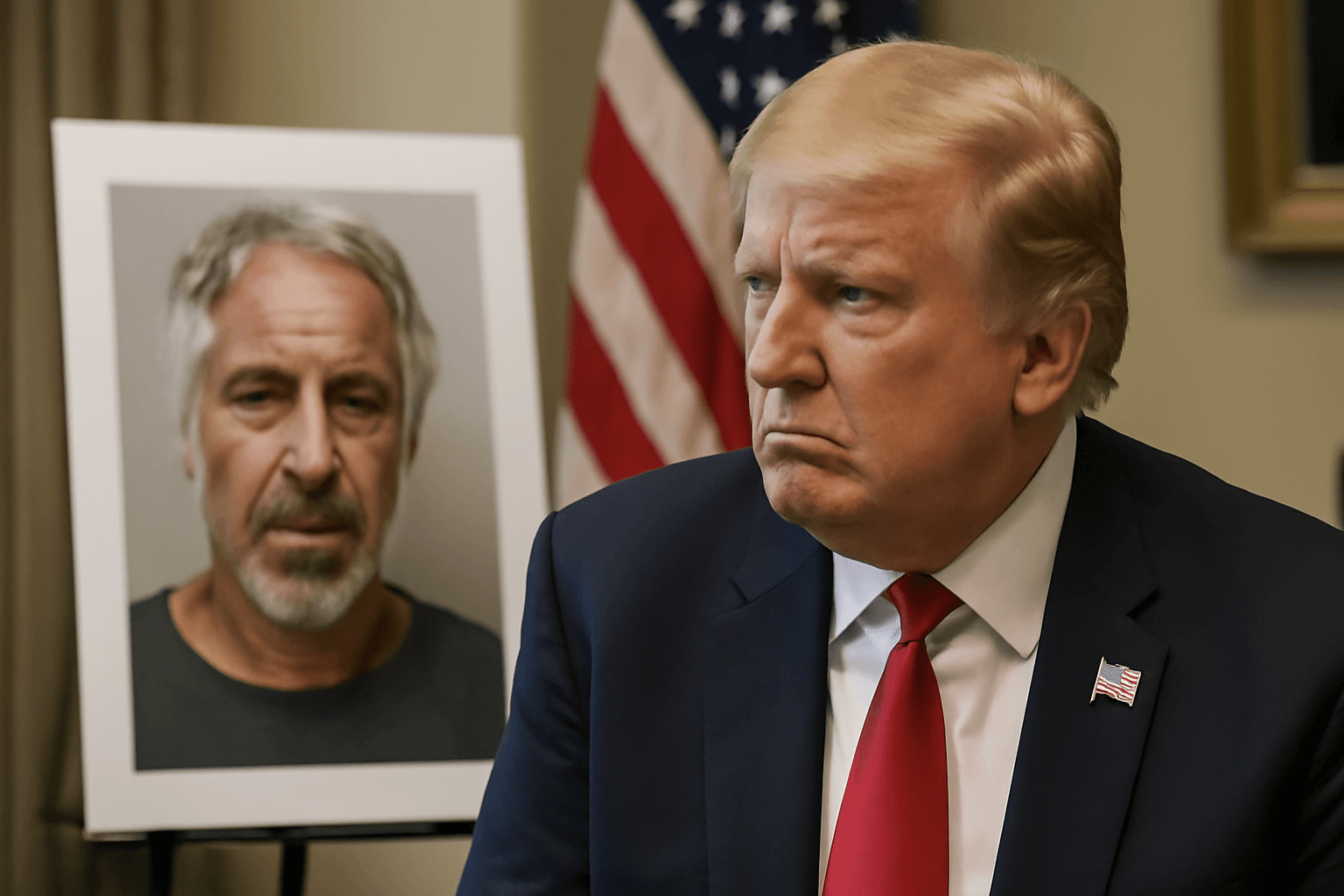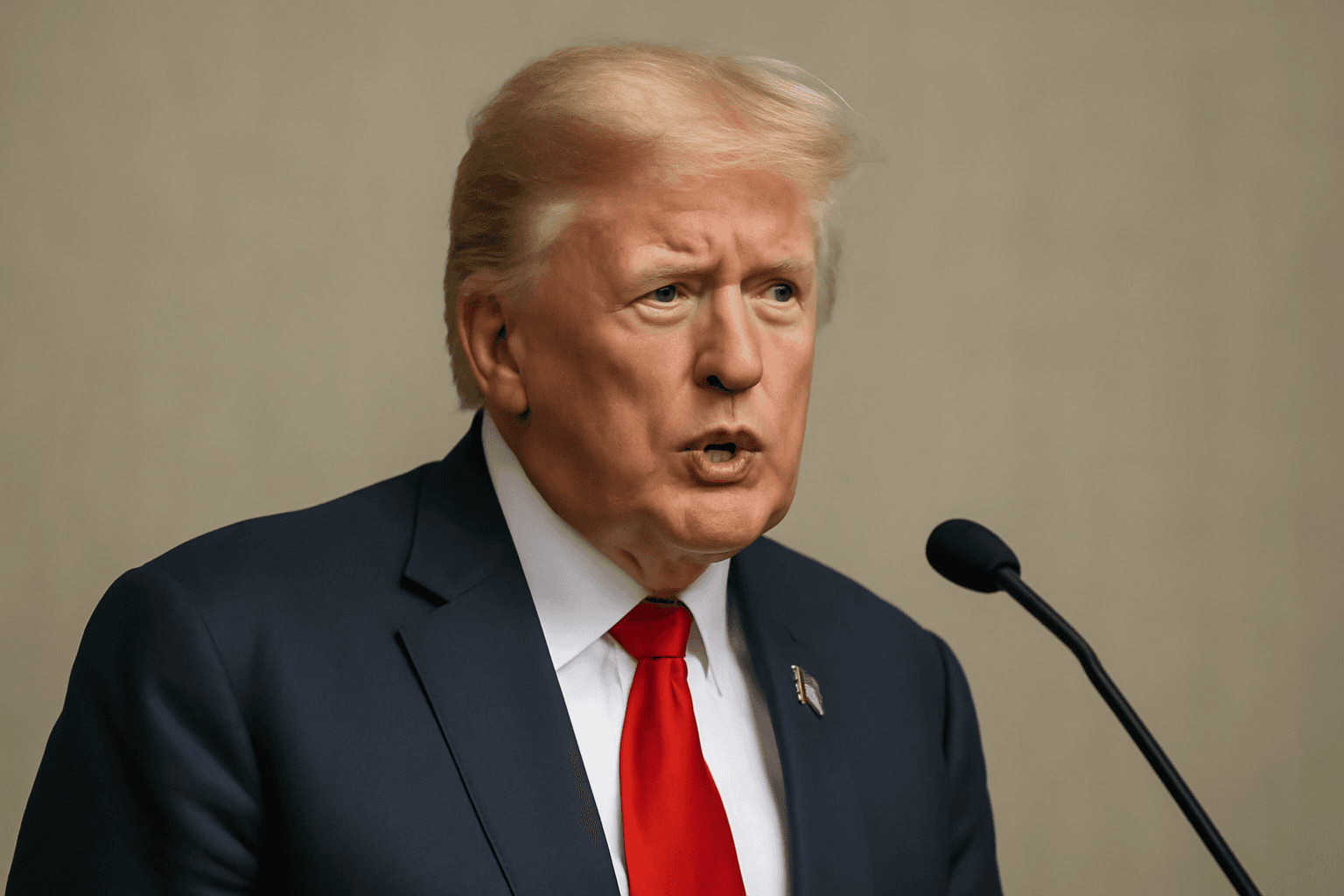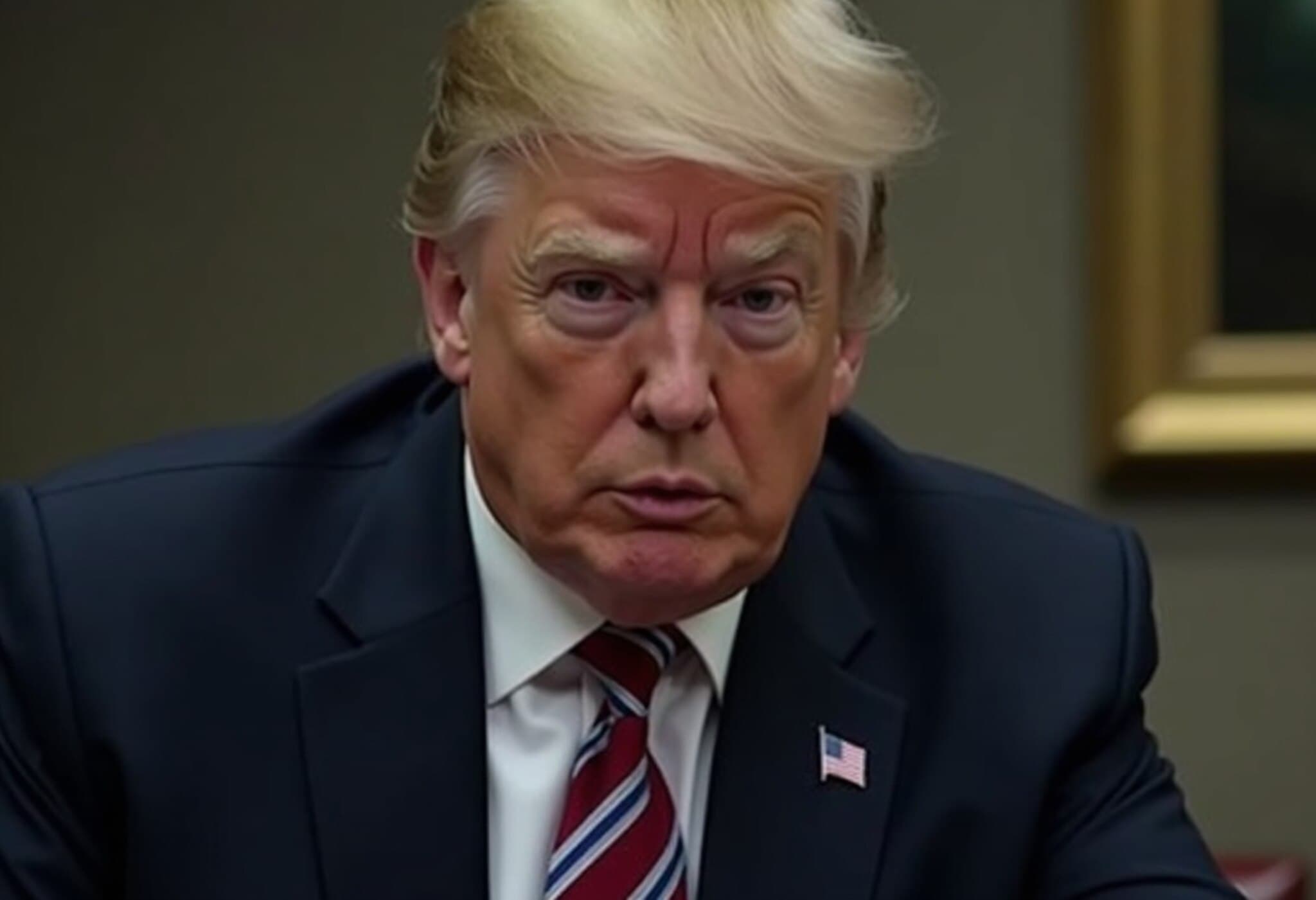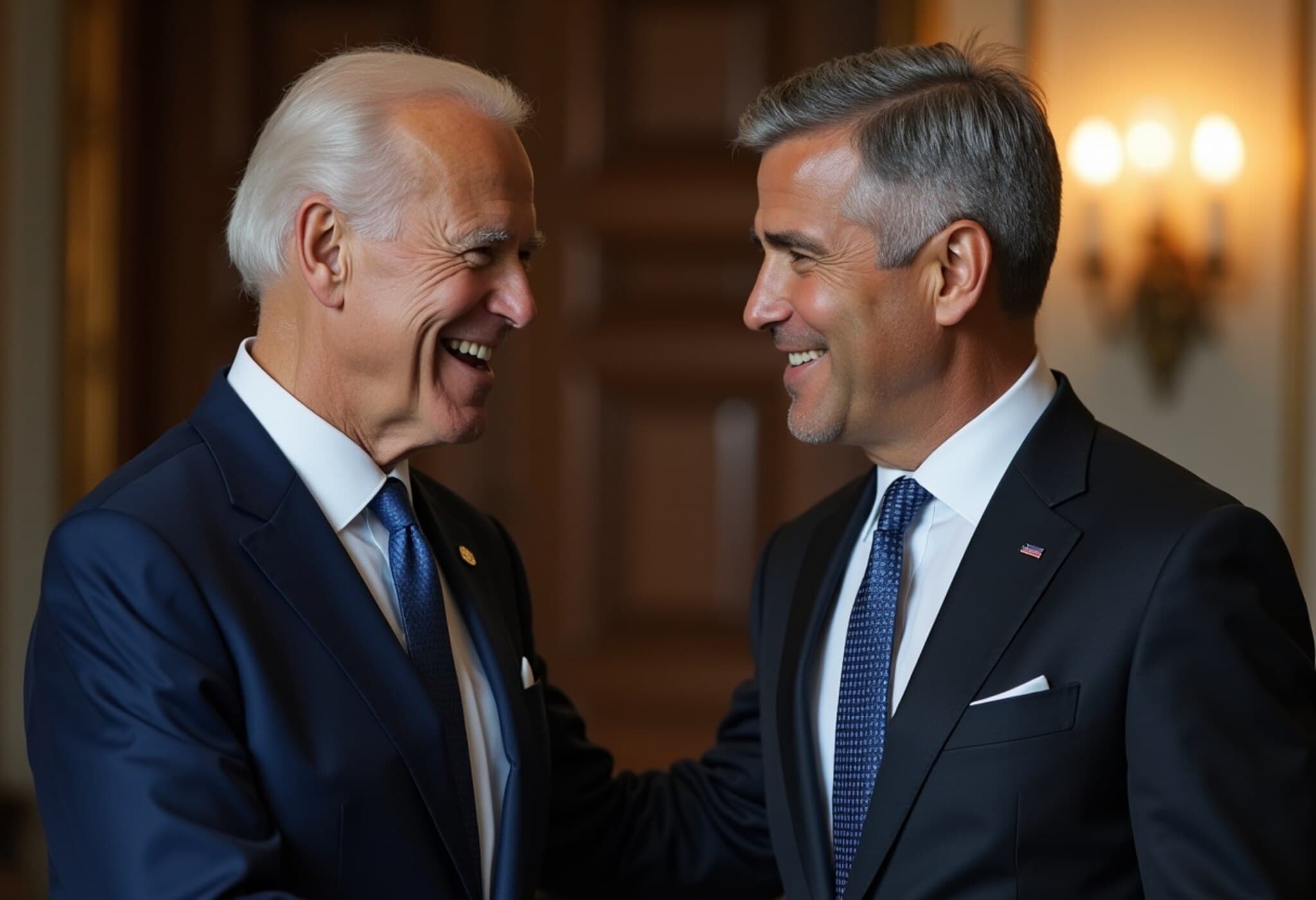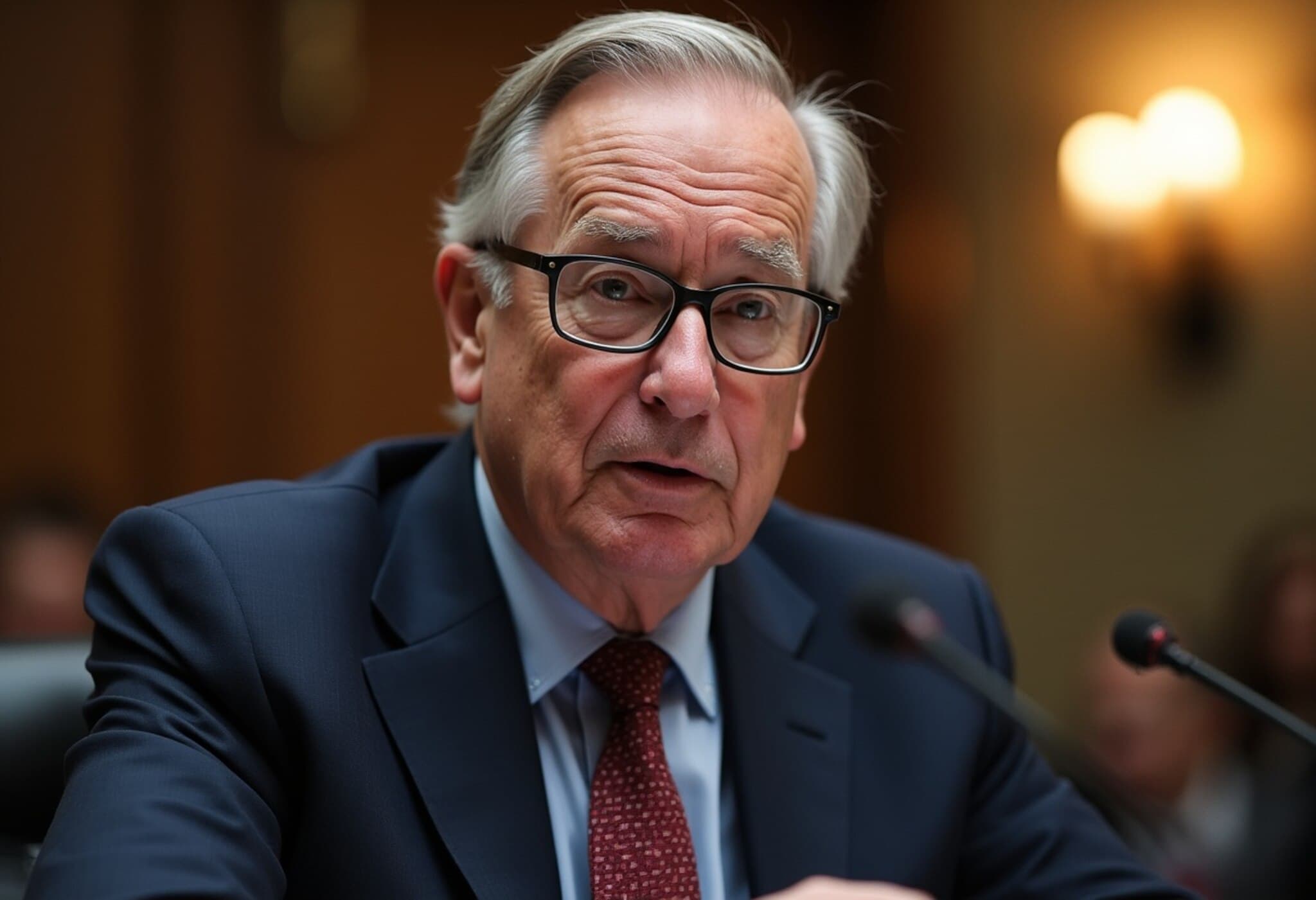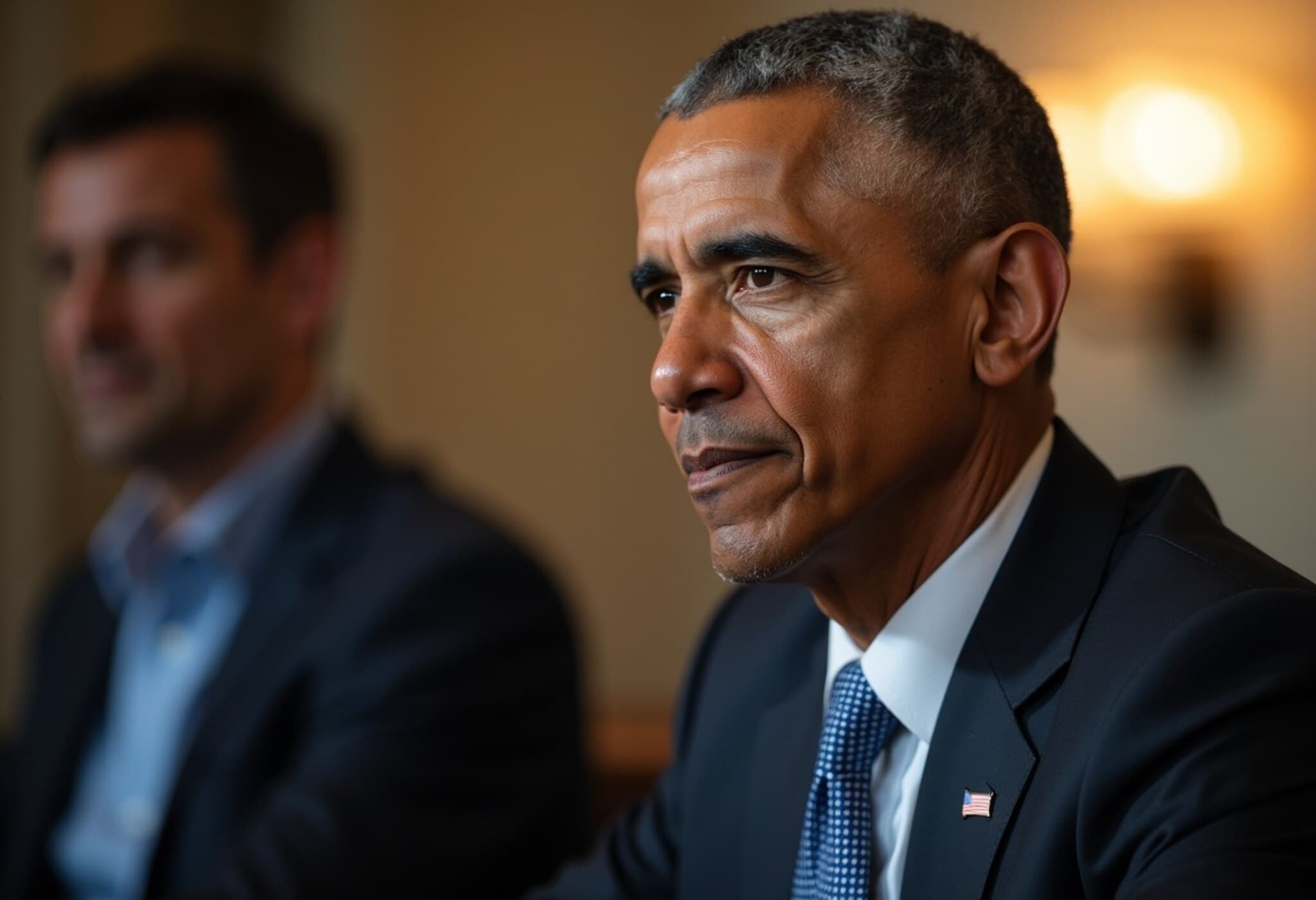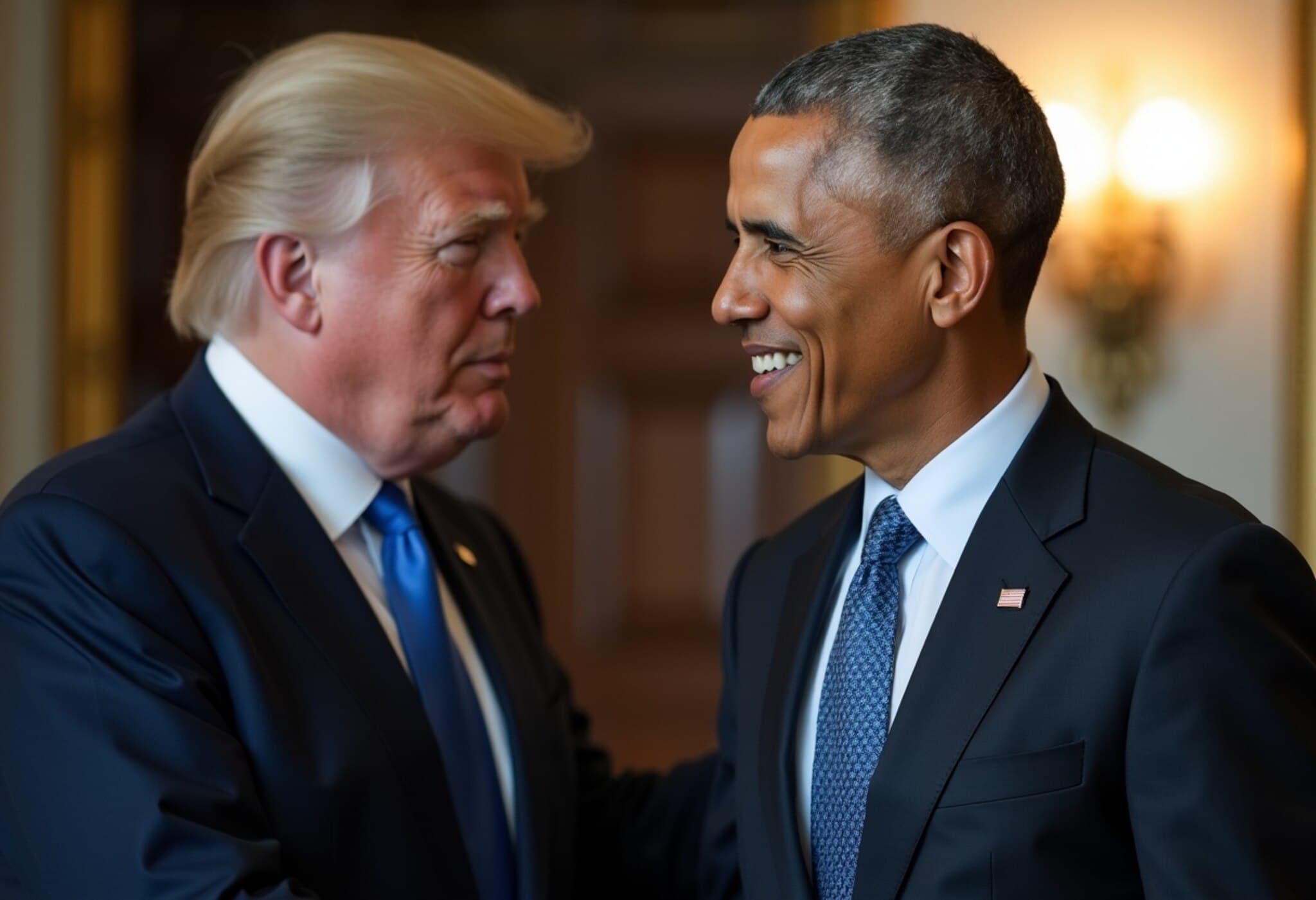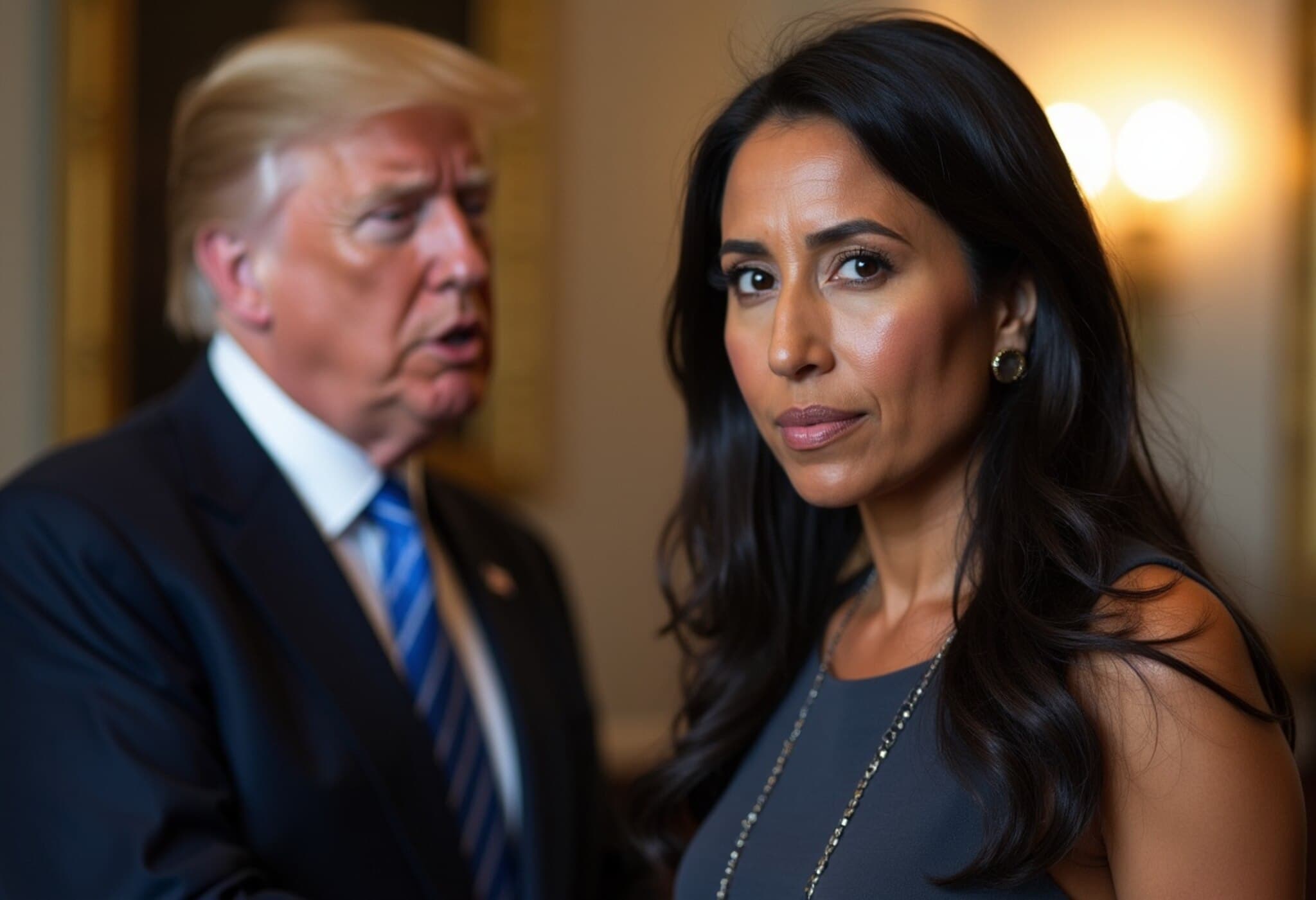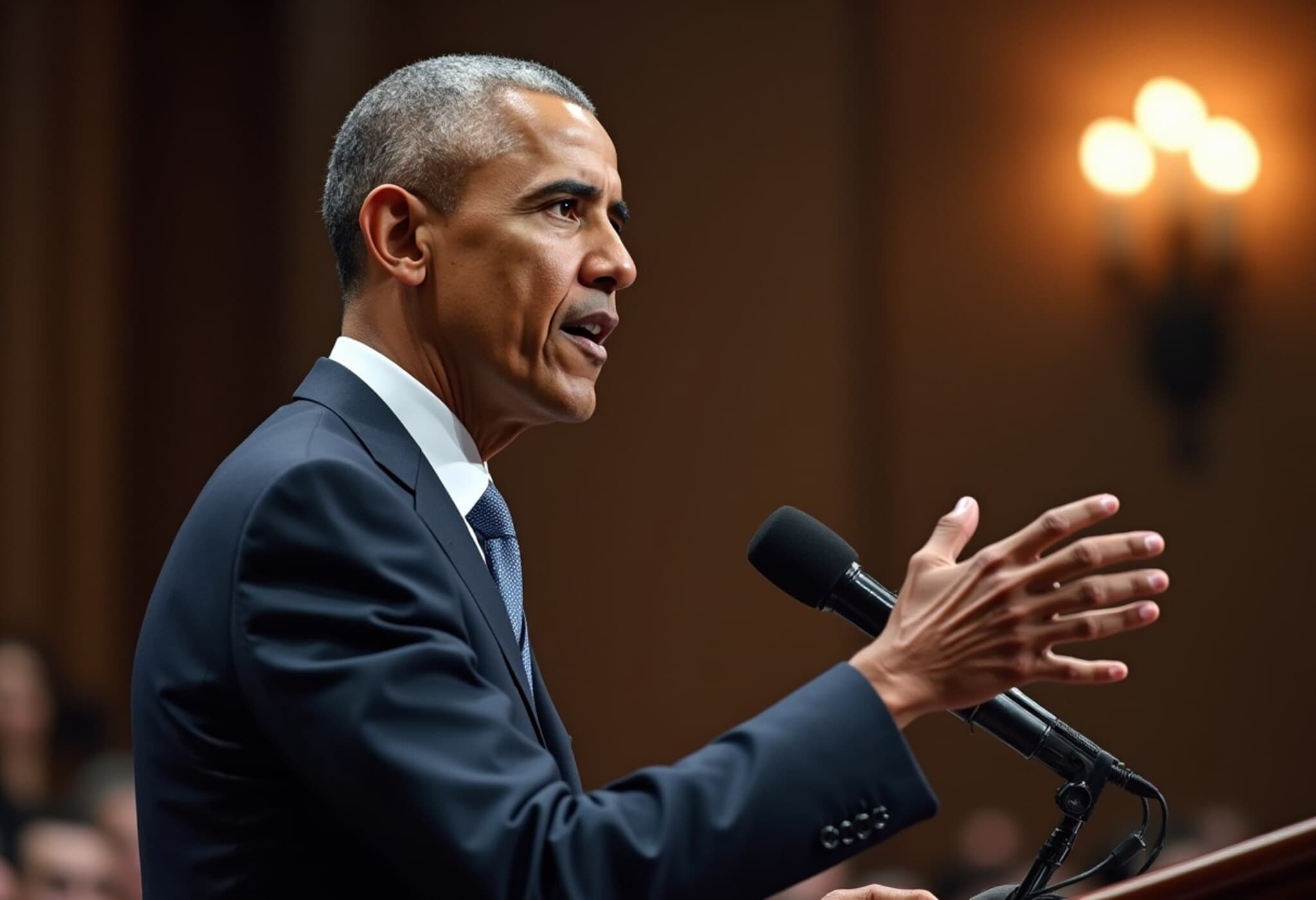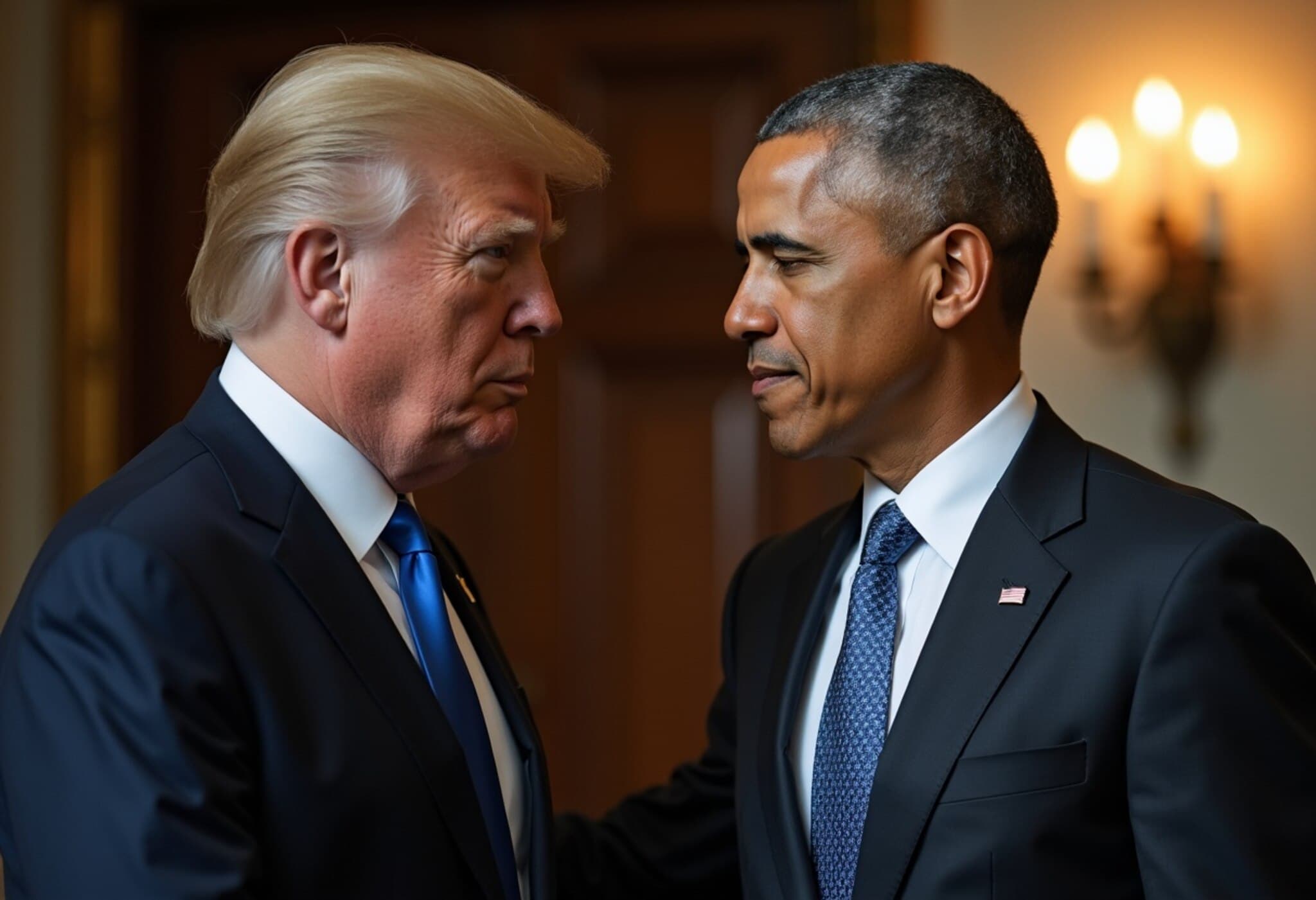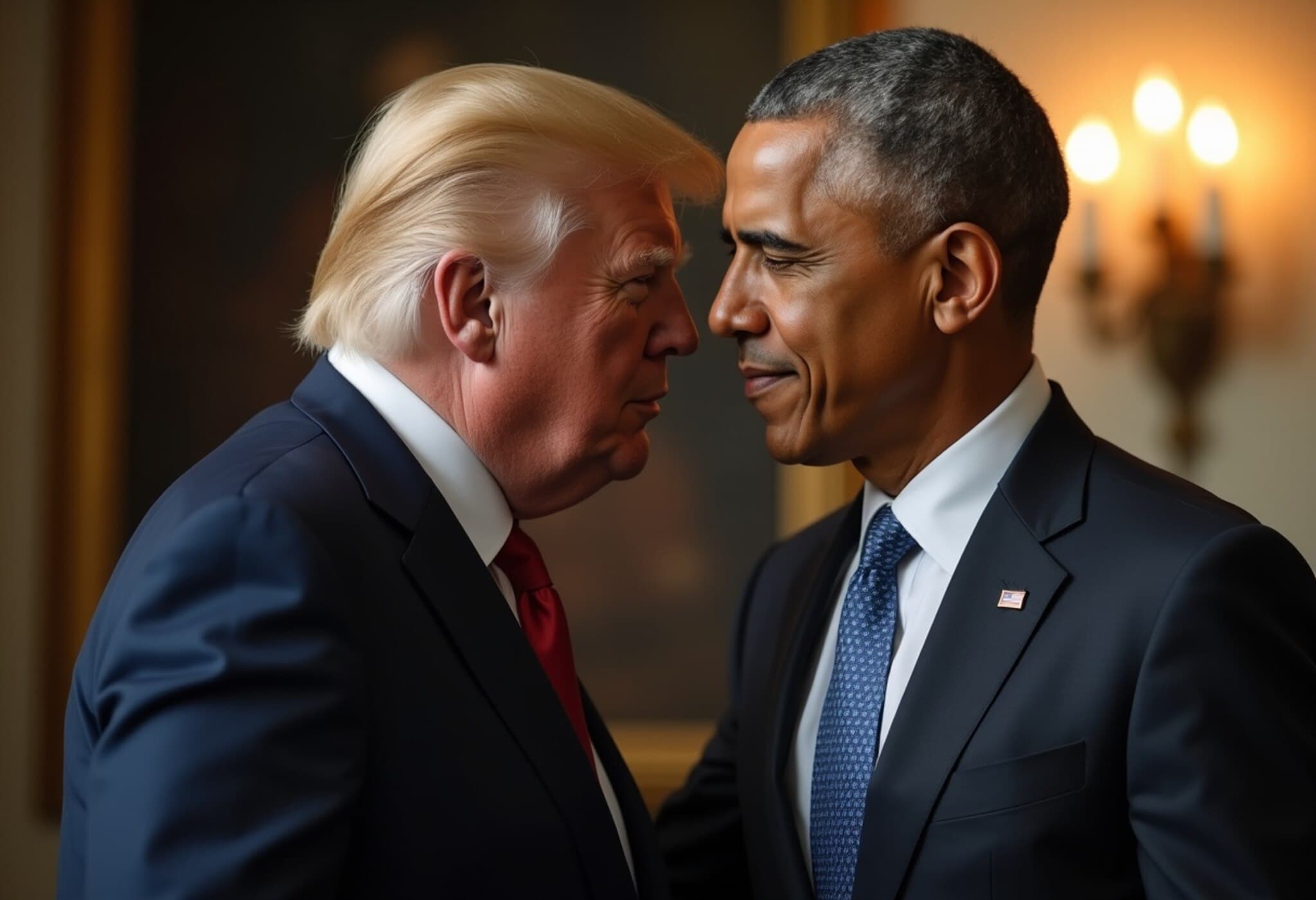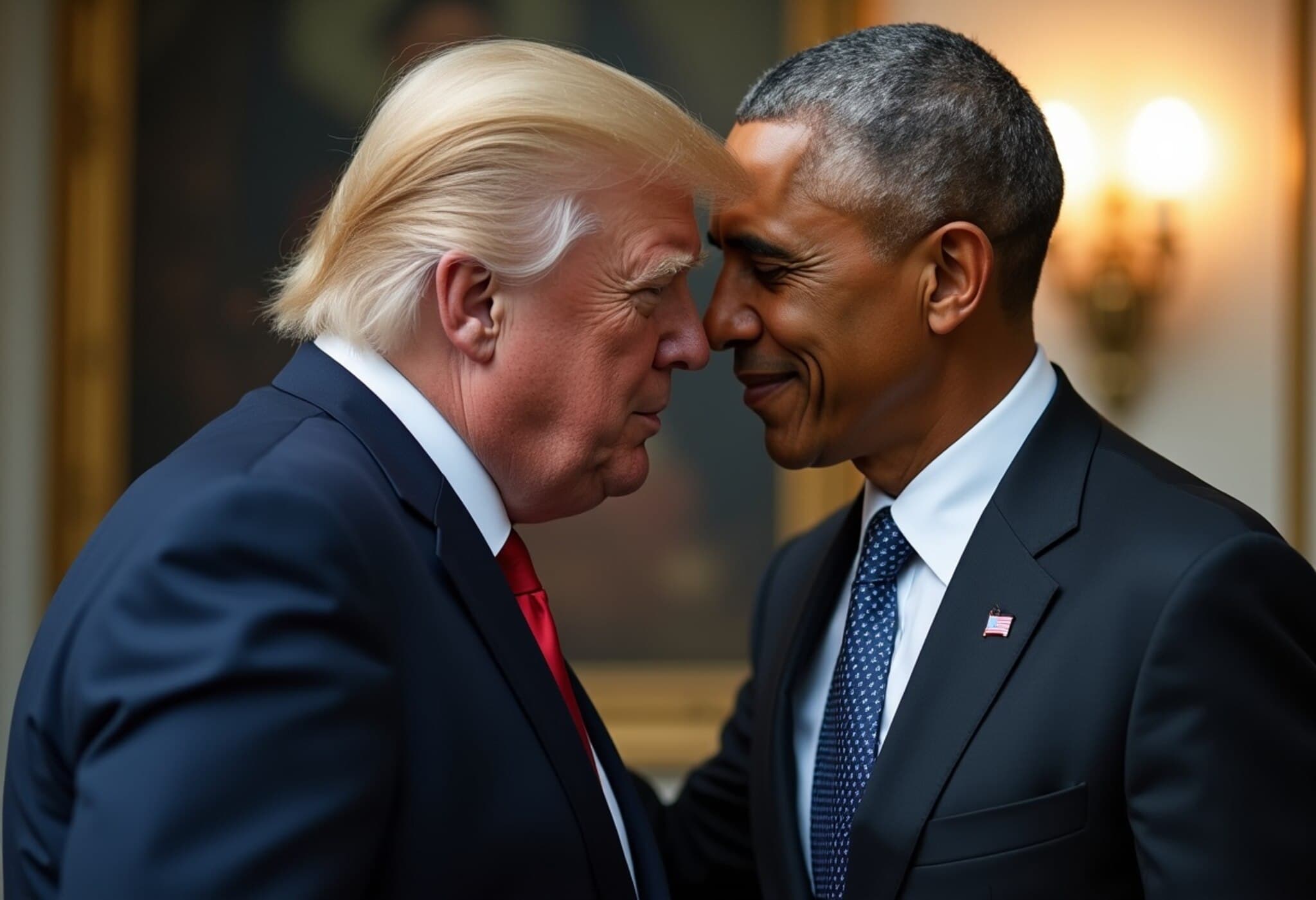Obama Firmly Rejects Trump’s Treason Allegations
In a rare and pointed public response, former President Barack Obama has categorically dismissed former President Donald Trump’s recent accusations labeling him guilty of "treason". The charges stem from Trump’s claims that the Obama administration manipulated intelligence regarding Russia’s interference in the 2016 presidential election and orchestrated efforts to undermine Trump’s victory.
Obama’s spokesperson issued a firm rebuttal to the accusations, calling them a "bizarre, ridiculous, weak attempt at distraction". The statement emphasized a general reluctance to respond to what it described as “constant nonsense” but underscored that these specific claims warranted condemnation given their severity.
Context of the Accusations: A Politically Charged Backdrop
Trump’s allegations do not arise in a vacuum. They coincide with heightened political tensions surrounding sensitive issues such as the Jeffrey Epstein case, which Trump seems to imply is the underlying motive for what he perceives as a smear campaign against him. Moreover, these claims echo earlier assertions made by Tulsi Gabbard, former Director of National Intelligence, who alleged a "treasonous conspiracy" within the Obama administration to manufacture and politicize intelligence against Trump.
Gabbard has publicly called for a criminal investigation, submitting documents to the U.S. Department of Justice in an effort to substantiate these allegations. However, experts and official reports have largely refuted these claims.
Official Investigations and Bipartisan Findings
Notably, the intelligence community and the bipartisan Senate Intelligence Committee have repeatedly confirmed that while Russia did attempt to interfere with the 2016 election, there was no evidence that actual votes were manipulated or that the interference altered the election outcome. The 2020 Senate report, led by then-Chairman Marco Rubio, reaffirmed these findings and dispelled conspiracy theories about the intelligence’s integrity.
The Controversy Escalates: Trump’s AI-Generated Arrest Video
Adding fuel to the fire, Trump recently posted a highly controversial AI-generated video depicting Obama’s arrest by FBI agents in the Oval Office. The digitally manipulated clip, which lacks any disclaimer, shows Obama being handcuffed and later seen in a prison jumpsuit behind bars, juxtaposed with Trump smiling nearby. This dramatized portrayal has drawn widespread attention and criticism for blurring lines between fact and fiction, potentially misleading viewers.
This video also features clips of Obama and other Democratic figures proclaiming, “No one is above the law,” a statement that starkly contrasts with the fabricated imagery it accompanies. Experts warn that such deepfakes can dangerously distort political discourse and erode public trust, highlighting the urgent need for greater media literacy among citizens and responsible regulation of AI content.
Expert Perspective: Political Weaponization of Intelligence
Analysts note that these allegations, while politically impactful, risk overshadowing critical discussions about the actual foreign interference and cybersecurity vulnerabilities that election systems continue to face. The weaponization of intelligence narratives for partisan gain complicates bipartisan efforts to safeguard democratic processes.
Furthermore, in the American legal system, claims of treason require extraordinarily high evidentiary standards — such claims historically involve overt acts betraying the nation in wartime, making these political accusations unprecedented and lacking legal merit.
What Lies Ahead?
- The Department of Justice’s response to the documents allegedly provided by Tulsi Gabbard remains to be seen.
- Political observers stress the importance of focusing on verified facts from authoritative bodies like the Senate Intelligence Committee to prevent misinformation from corroding democratic institutions.
- As social media amplifies politically charged narratives, the line between legitimate critique and disinformation campaigns grows increasingly blurred.
Editor’s Note
Amid a fraught political climate, the unfolding dispute between two former presidents underscores a broader challenge facing American democracy: the tension between political rhetoric and credible evidentiary standards. While accusations fly, discerning readers must critically evaluate sources, uphold media literacy, and advocate for accountability grounded in facts, not partisan spectacle. The rise of deepfake technology further complicates this landscape, reminding us that informed skepticism is essential in the digital age.

